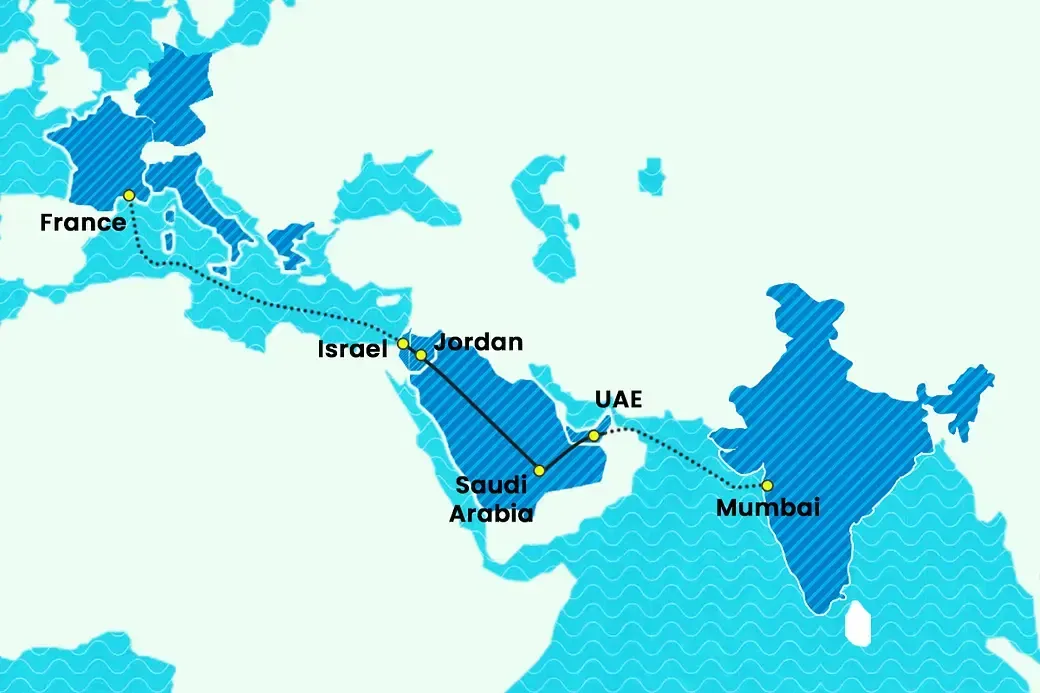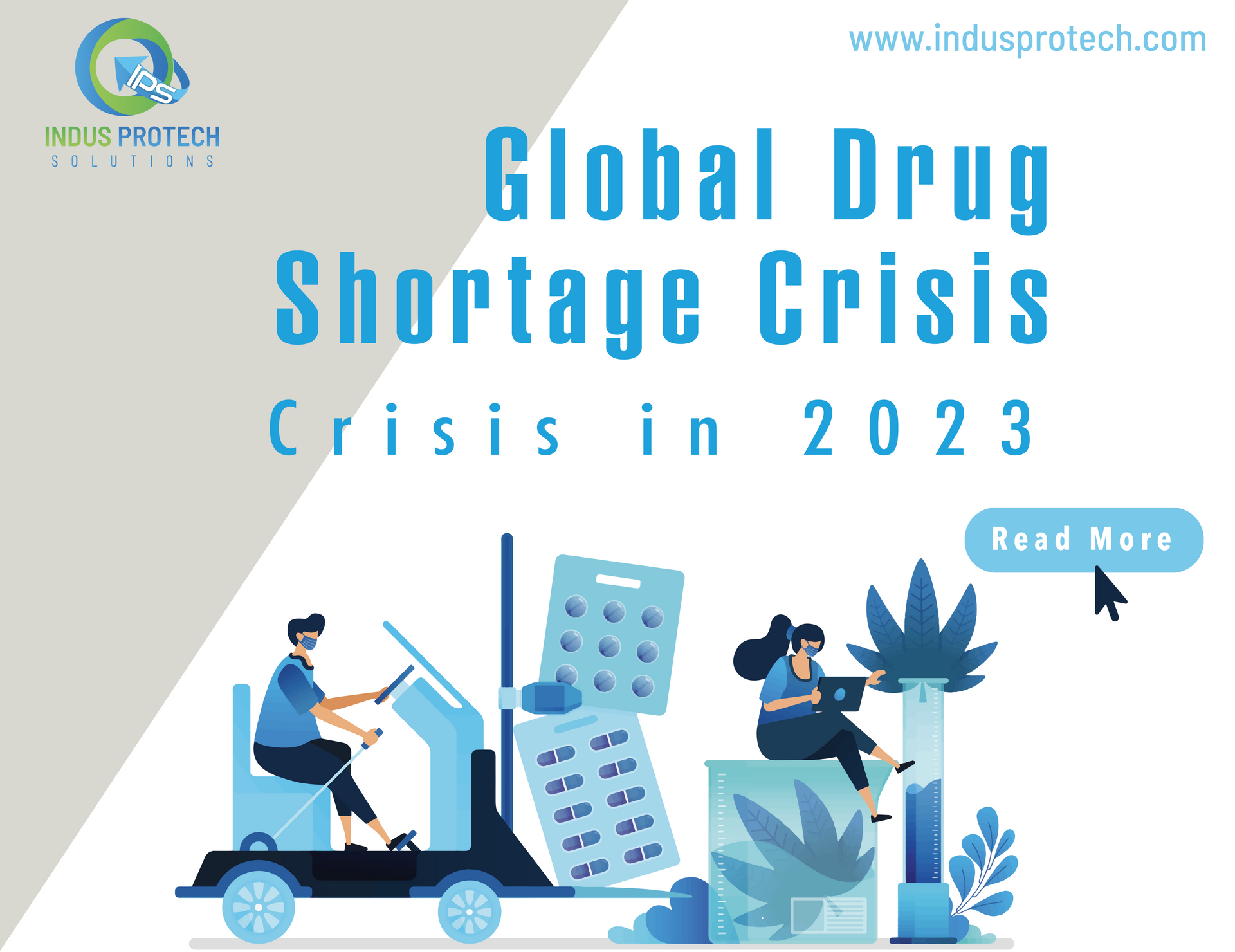India's Industrial Growth: G20 Summit's Focus on Connecting India, Middle East, and Europe

Introduction:
The G20 Summit held in Delhi in 2023 brought together leaders from the world's largest economies to discuss a multitude of global issues. Among the topics that gained significant attention was India's ambitious plan to foster industrial growth by enhancing connectivity between India, the Middle East, and Europe. This strategic initiative holds immense promise not only for India but also for the broader global economy. In this article, we delve into the discussions and potential outcomes of this pivotal agenda at the G20 Summit.
1. India's Vision for Connectivity:
India's vision revolves around creating a robust network of connectivity stretching from its borders to the Middle East and Europe. This grand plan encompasses various modes of transportation and logistics, digital infrastructure, and trade routes. By doing so, India aims to become a vital hub for trade and commerce between these regions.
2. Key Components of the Connectivity Plan:
- Transportation Infrastructure: The G20 Summit discussions centered on investments in road, rail, and maritime infrastructure. These investments would not only facilitate the movement of goods but also enhance people-to-people connectivity.
- Digital Connectivity: Building on India's prowess in the technology sector, the plan includes the development of high-speed internet connectivity and the expansion of digital infrastructure to foster trade and innovation.
- Trade Agreements: Negotiating favorable trade agreements with Middle Eastern and European nations was a critical focus. These agreements would reduce trade barriers and tariffs, promoting smoother flow of goods and services.

3. Economic Implications:
- Boosting Industrial Growth: Enhanced connectivity between India, the Middle East, and Europe can lead to increased industrial growth. Easier access to global markets can stimulate manufacturing and exports, boosting India's economy.
- Strengthening Trade Partnerships: By forging stronger ties with the Middle East and Europe, India can tap into diverse markets, diversify its trade partners, and reduce its economic dependence on any single region.
4. Geopolitical Significance:
- Diplomatic Relations: Strengthening diplomatic relations with Middle Eastern and European countries is not only economically beneficial but also holds geopolitical significance. It can help India play a more prominent role in shaping regional and global affairs.
- Energy Security: Improved connectivity with the Middle East can enhance India's energy security by ensuring a stable supply of oil and gas from the region.

5. Challenges and Considerations:
- Infrastructure Investment: The scale of infrastructure development required is substantial, necessitating significant investment. Funding and financing mechanisms need careful consideration.
- Political Stability: Political stability in the Middle East can be unpredictable. The success of the connectivity plan hinges on stable geopolitical conditions in the region.
- Environmental Impact: The development of infrastructure must be conducted with an eye on environmental sustainability to mitigate negative ecological consequences.
Conclusion:
India's ambitious plan to boost industrial growth through enhanced connectivity with the Middle East and Europe was a prominent topic of discussion at the G20 Summit 2023. This initiative has the potential to not only accelerate India's economic development but also to reshape regional and global trade dynamics. By fostering stronger ties and infrastructure development, India can emerge as a pivotal player in the global economy while contributing to regional stability and prosperity. The G20 Summit served as a crucial platform for nations to come together and explore collaborative strategies to turn this vision into reality, ultimately benefiting not only the participating nations but also the world at large.











